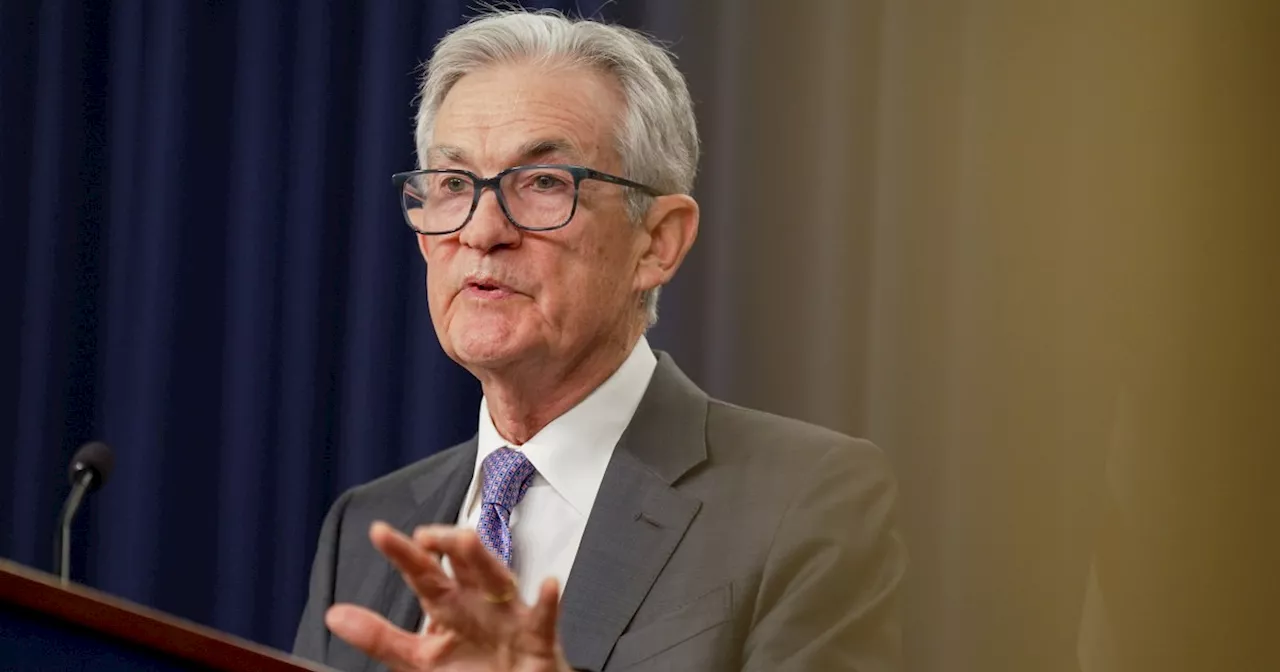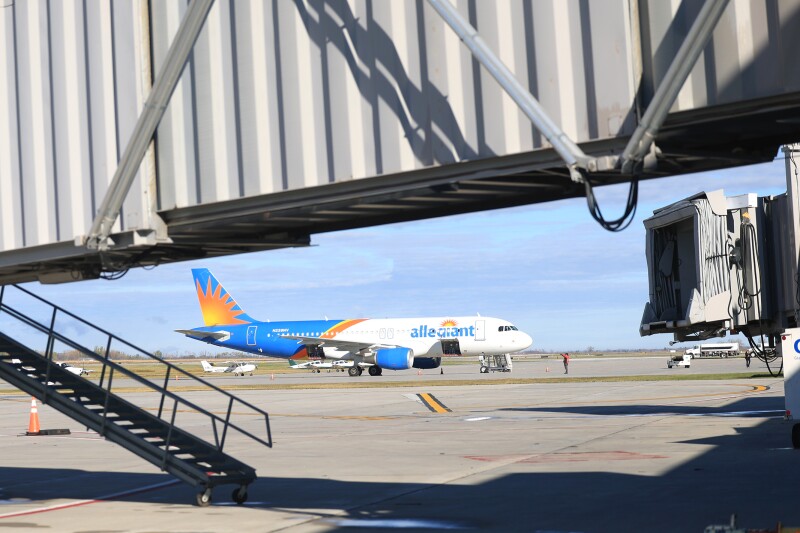
U.S. President Donald Trump has directed his attention towards Brazil, threatening to impose tariffs of up to 50% on the South American nation. This warning comes as Trump accuses Brazilian authorities of persecuting former president Jair Bolsonaro, who is currently facing trial for allegedly attempting to overturn the results of the 2022 presidential election. In a post on Truth Social, Trump urged Brazilian President Luiz Inácio Lula da Silva to cease what he termed a “Witch Hunt that should end IMMEDIATELY!”
In response to these threats, Lula has stated that Brazil would retaliate with equal tariffs. Speaking to local outlet Record, he declared, “If he charges us 50%, we’ll charge him 50%.” This escalating tension is particularly concerning for Brazil, given that crude oil constitutes its largest export to the United States, valued at approximately $5.83 billion in 2024.
Trade Dynamics and Economic Implications
Brazil’s crude oil exports, which averaged 1.78 million barrels per day globally last year, included around 243,000 barrels per day sent to the U.S., according to data from the National Agency of Petroleum (ANP) and the Energy Information Administration (EIA). Analysts suggest that any disruption caused by Trump’s proposed tariffs might be temporary. A recent client note from BTG Pactual described the tariffs as likely generating “short-term noise in trade flows” without posing a structural risk to Brazil’s economy.
BTG analysts Gustavo Carvalho and Luiz Cunha opined that the impact on Brazil’s state-controlled oil company, Petrobras, would be limited. They pointed out that, while the U.S. is a significant market for certain derivatives, the volume of exports is relatively small, allowing Petrobras to redirect shipments to other markets without substantial difficulty. In the first quarter of 2025, only 4% of Petrobras’ total exports were destined for the U.S.
Yet, the Brazilian Petroleum Institute (IBP) has expressed concern regarding Trump’s tariff threats, urging the Lula administration to pursue a diplomatic resolution. Petrobras is already grappling with challenges from declining oil prices and ongoing cost pressures. In May, the company announced a revision of its five-year strategic plan aimed at cost reductions while maintaining investments for the current year. CEO Magda Chambriard noted that lower prices necessitate a more conservative approach, stating, “When the price goes up, we feel more comfortable throwing ideas around. When the price goes down, it is time to tighten our belts.”
Future Prospects and Strategic Decisions
Petrobras’ previous plans included a capital expenditure (capex) budget of $102 billion for 2024–2028, which was later revised to $111 billion for 2025–2029. However, the company is now reevaluating its portfolio, including the potential sale of its onshore fields in Bahia state. The Polo Bahia Terra cluster, considered underperforming, has become less competitive compared to Petrobras’ highly profitable pre-salt offshore reserves, which now account for over 70% of Brazil’s oil production.
Chambriard added, “When oil is at $100 a barrel, it makes more sense than at $65 a barrel,” emphasizing the need for strategic decisions regarding the Bahia Terra assets. The company is currently weighing its options: whether to retain the fields, outsource operations, or divest entirely.
The imposition of steep tariffs on oil could significantly alter the trade balance between Brazil and the U.S. In 2024, Brazil recorded a trade deficit of $6.8 billion with the U.S., one of the few nations where imports exceed exports. The U.S. continues to export various goods to Brazil, including fuels, aircraft, machinery, and electronics.
As Brazil navigates these turbulent waters, the outcome of the ongoing negotiations and potential tariff implementations will be crucial for both countries’ economic landscapes.







